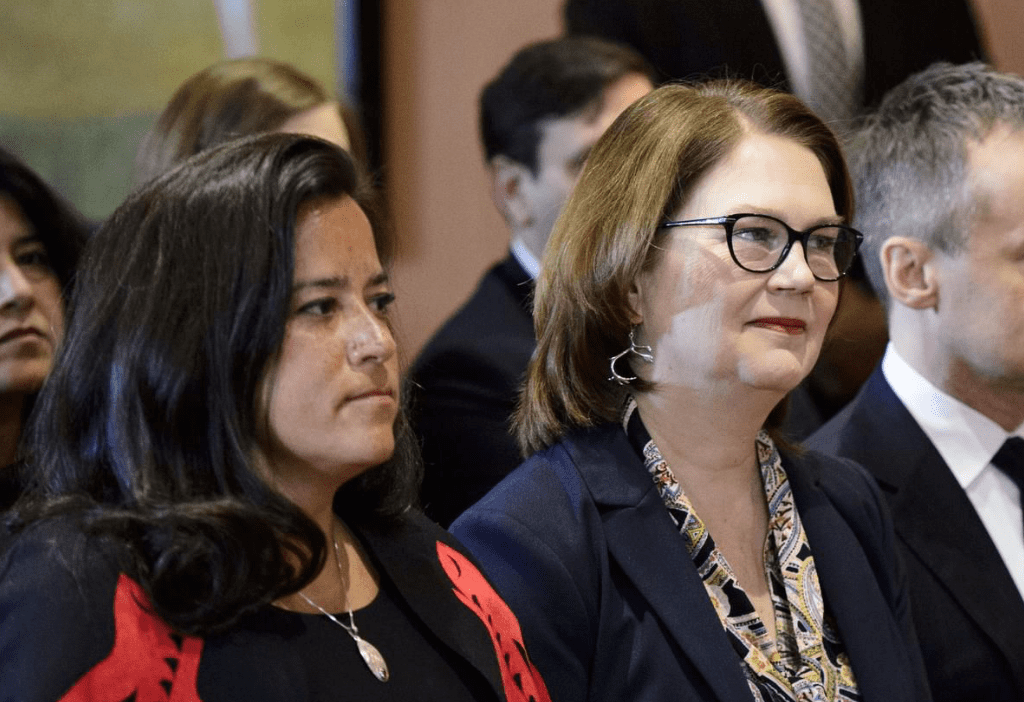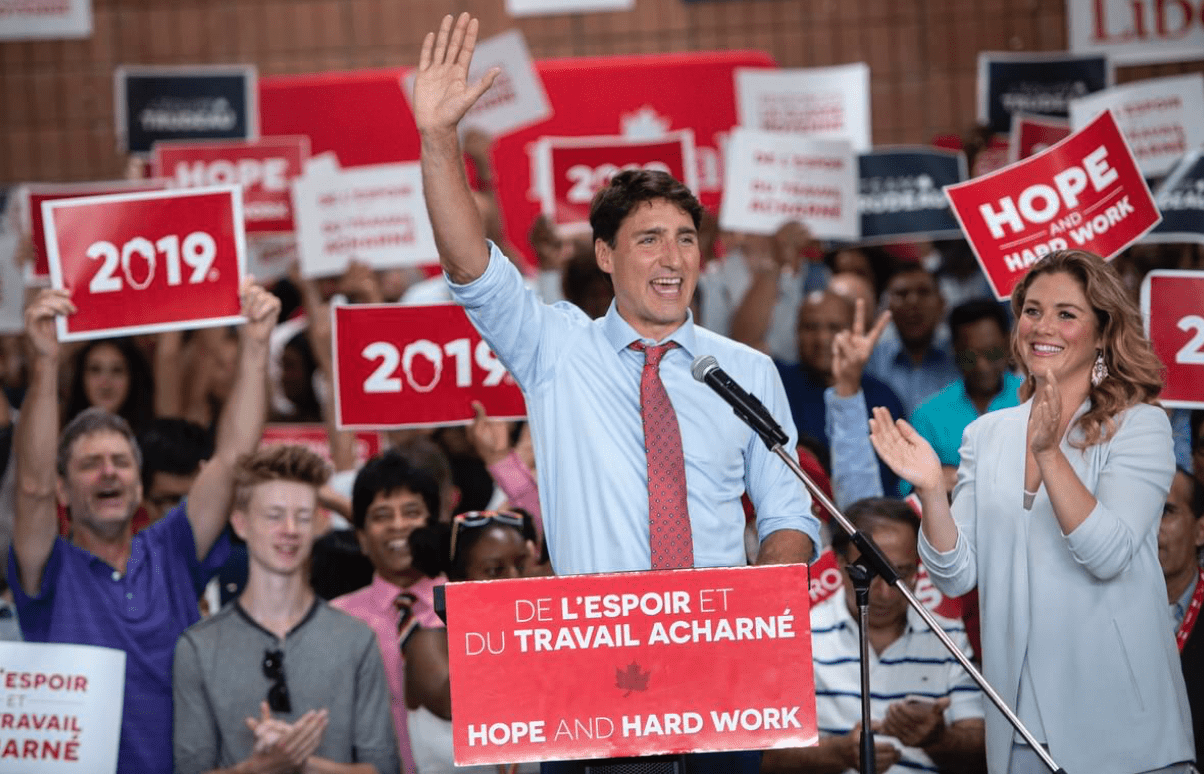In the wake of the news that ousted Liberal Cabinet ministers Jody Wilson-Raybould and Jane Philpott would be running as independents in the upcoming election, we saw a host of comments about how the presence of more independents in Parliament could somehow make things better. As well, as both of the ousted ministers made comments about electoral reform and how they wanted to do politics differently, there seemed to be a particular lack of understanding as to both how the system works currently, and what they hoped to achieve, because there seemed to be a complete disconnect between what their words and the reality of the situation.
Throughout the Double-Hyphen Affair and its aftermath, there has been a particular sense running through the narratives put forward by both Philpott and Wilson-Raybould in that they don't like the way politics is done, and both are hoping for something less partisan and more consensus-based as a process. It's one of those recurring sentiments that people keep bringing up, particularly around discussions of electoral reform, but it's fairly divorced from reality on a number of respects. For one, it treats all partisanship as a bad thing, which is a bit of a false construction partisanship in the extremes, where it borders on tribalism, is certainly a bad thing, but when practiced responsibly, it is largely a contest of ideas, which is good in politics. For another, this notion of more consensus in politics ignores the other side of democracy, which is accountability.
One of the guiding principles of our system of responsible government is that parties form in order for a government to gain and maintain confidence in the House of Commons. If you didn't have parties, you would need to form some kind of ruling faction. Where Canadian politics has evolved is that we have big tent parties, which are themselves coalitions aligned along certain broad themes and values, and internal differences are worked out. Without that structure and the disciplining of power therein, you would be in a situation where a government in a chamber of "loose fish" would need to promise favours or outright vote-buying (be it with infrastructure programmes in a riding or funding for pet causes) in order to get enough MPs on side to maintain confidence. This is the simple practical management of a system where you don't have parties to rely on, no matter how much you think that consensus and persuasion will win the day.
The other guiding principle of our system is accountability that if a government has performed poorly, then we have the ability to turf them from office. In fact, our system is one of the most responsive among comparable democracies for that result. Other systems, which rely on coalitions to maintain power, often shuffle partners around while the central party or parties can stay in power for decades, which mutes the exercise of accountability. As well, the consensus model that Wilson-Raybould in particular likes to tout is one that is far less accountable overall. After all, when everyone is responsible for a decision, then nobody is accountable.
"Oh, but what about Nunavut and the Northwest Territories?" is the inevitable protest to that kind of statement of how the system works. The reality there is that both of those territorial legislatures are tiny 19 seats in the Northwest Territories and 22 in Nunavut and both consist largely of Indigenous populations for whom consensus is the established model of decision-making. This is not something that can be ported to Ottawa and its 338 MPs, largely from backgrounds that are not consensus-based. And given the state of much of Nunavut's politics, the lack of accountability that a usual Westminster-system provides could explain why there are so many problems with the state of governance there (though we did recently see the unprecedented removal of the premier by the Assembly and a new one chosen).
With this in mind, we turn to the issue of electoral reform, which Philpott in particular was speaking to in the days since she made her declaration to run again. But let's cast our minds back to the December 2016 report of the Electoral Reform committee (which, I will remind you all, was hot garbage). The call was for the government to design a yet-unheard of system that was low enough on the proportional representation scale (virtually impossible without a constitutional amendment to remove the provincial allocation of seats), with "top-up seats" that didn't come from a party list, with the Greens and NDP pushing for a system that would see the "best loser" filling those seats in other words, making it impossible to vote someone out because they could still get elected regardless. None of this would do anything to blunt the influence of parties, or to make MPs more independent of centralized power, which both Philpott and Wilson-Raybould profess to be goals. And neither will electing more independent MPs have any effect on parties or leaders it simply creates loose fish that won't sit on committees, and whose only hope at influence is the slim chance of a hung parliament where they can be bought off for support.
Contrary to what some activists are pushing, none of this will actually do a thing to improve things in our Parliament, because it ignores the actual root of where the problems lie in our system, and that is with the leadership selection process. So long as we have leaders who were elected by a nebulous and ephemeral membership/supporter body, they remain accountable to nobody, and can claim a "democratic legitimacy" to wield power as they see fit, and to expect their caucus to bow down before it, and for the staff of the leader's office to exercise power on his or her behalf. That is what has hollowed out parties into personality cults, and centralized power away from individual MPs (who, it needs to be stated, willingly gave up that power because they believe in the false "democratic legitimacy" of the leadership election). That is where change in our system needs to happen, and more independent MPs will have zero effect on that.
Photo Credit: CBC News








